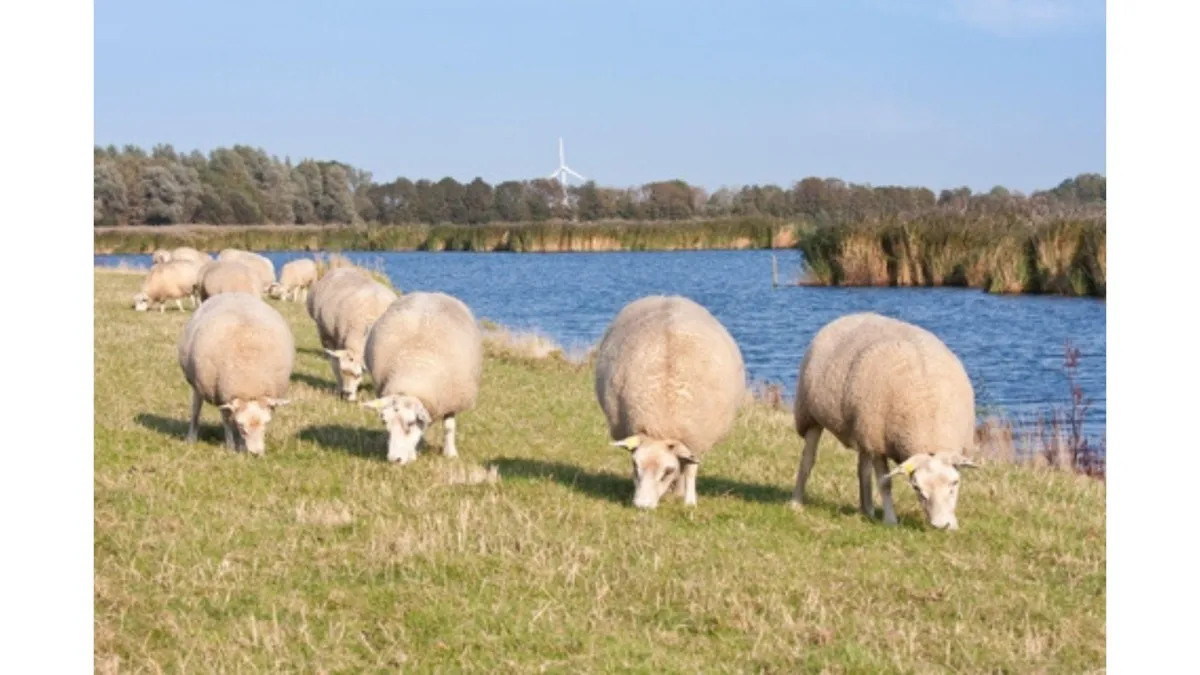
Abortions - ewes and cows
Abortions in livestock can occur at any stage of pregnancy, although they are most commonly noticed in the mid to late term, when aborted foetuses are large enough to be seen. Prompt diagnosis and preventative action are key to minimising losses and protecting the health of the herd or flock.
Causes of Abortion in Sheep
Most sheep abortions are caused by infections. The most common are:
Toxoplasmosis: Caused by a parasite spread through the faeces of young cats. Kittens are the primary risk, as older cats typically no longer shed the parasite.
Campylobacter infection: A bacterial cause of abortion that spreads easily among sheep.
Salmonellosis: Some strains can cause abortion and are often accompanied by severe diarrhoea and dullness in affected ewes.
Listeriosis: Caused by poor quality silage or baleage contaminated with Listeria bacteria. In addition to abortion, affected ewes may suffer from severe diarrhoea and require urgent veterinary treatment.
Preventing Abortion in Sheep
Vaccinate ewes against toxoplasmosis, Campylobacter, and salmonella well before mating or early in pregnancy.
Avoid feeding low-quality silage or baleage to pregnant ewes.
Do not feed barn-stored hay (potentially contaminated by kittens) to pregnant ewes. Feed it to non-pregnant hoggets instead to help them build immunity.
Causes of Abortion in Cattle
In cattle, abortions can result from various infections and environmental factors:
Neospora: A parasite commonly linked to abortions. Dogs may be involved in spreading the disease.
Fungal infections: Often due to mouldy hay or silage.
Macrocarpa toxicity: Cows eating macrocarpa foliage, especially when hungry or bored, may abort.
Preventing Abortion in Cattle
Keep pastures clear of dog faeces, and do not allow dogs to eat placentae or aborted calves.
Avoid feeding mouldy hay or poor-quality baleage to pregnant cows.
Restrict access to macrocarpa trees, especially during feed shortages.
Early intervention and preventive management can greatly reduce the risk of abortion-related losses. If you observe signs of abortion or suspect a problem, consult your vet for a diagnosis and treatment plan.
Our online What You Need to Know to Keep Livestock courses offer species-specific advice on health and husbandry.

